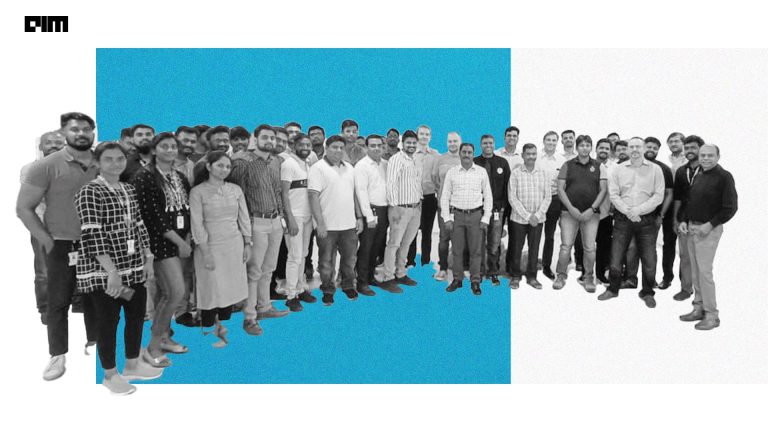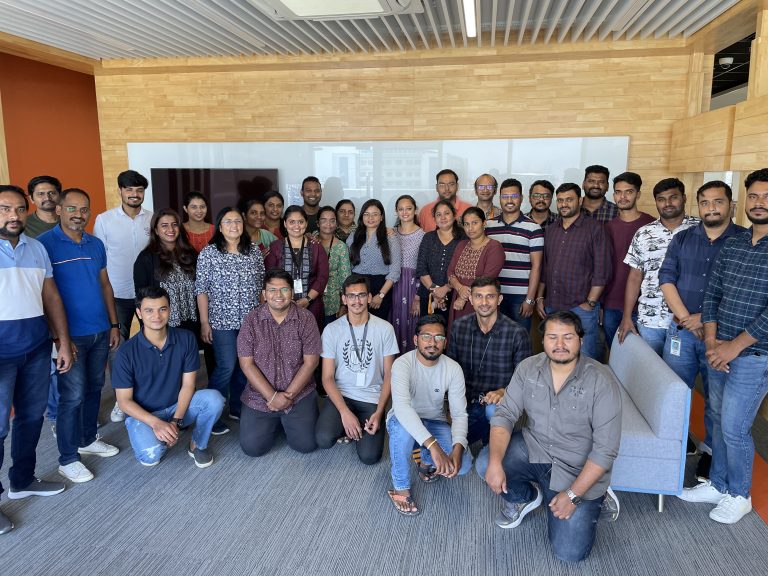Data science aspirants should be mindful of the fact that recruiters are always looking for strong communicators.
Whether you have just graduated from college, or are seeking a career change, data science has emerged as one of the most sought-after jobs today. According to our research, the analytics industry has grown to $3.03 billion in size and is expected to double by 2025.
This may be buoyed by the fact that the ability to collect more data has created a demand for people who can effectively organise and analyse vast troves of information to generate business insights.
But even as companies scout for talent, data science positions vary greatly. While some lean heavily towards creating models to make predictions, others may involve writing pipelines to transform raw data into structured information. While a key part of your preparation will involve putting together questions you may be asked, it is just as critical to be prepared with a set of questions to ask your potential employer. This not only indicates your level of interest in the role but will also help you understand if the company is a good fit for you.
If you are still on the fence about how to start a career in data science, this will provide valuable insights. For aspirants preparing to crack a job interview in this field, here are eight questions you should consider asking your potential employer:-
What is my expected role and main responsibilities in the company?
Given how new the position is, the role of a data scientist is often difficult to define in clear terms. While it may be challenging for recruiters to draw a picture of the projects you are likely to be involved in, do not leave the interview with just a vague idea of what will be expected of you if you are hired.
Helpful tips: If you are working in product analytics, ask if you will be directly involved in interpreting data to make business decisions. If you are working as a data analyst or a data engineer, attempt to understand if your role is focused on specific analysis tasks, and the depth expected in building and maintaining data infrastructure, respectively.
What is the metric on which my performance will be evaluated?
Given the hype, expectations of data scientists are sky-high, and this necessitates learning how to succeed at a new workplace. This question also shows that you are thinking about performing well, which invariably aligns with the company’s cultural values.
Additionally, when discussing this, be open to opportunities that would allow you to demonstrate your value in the company. Also, try to understand what they would consider a successful first three or six months.
Where does data science fit within the organisation? (Or) how will the projects I work on align with key business goals?
The best data science solutions emerge when a proper understanding of business needs and data is established. Hence, with this question, you demonstrate that you value business impact and know enough about the company to ask a business-related question. What is more, your curiosity about the priorities of the organisation will indicate that you intend to align your work with these goals and help drive the organisation forward.
Although this question may be more appropriate for more senior data science candidates, it tells recruiters that you will be invested in the business and are thinking in the right direction.
Who/which teams will I be working with? Also, who will I report to and what is his/her background?
Data scientists work in cross-departmental teams that require a lot of collaboration, and hence, it is good to exhibit interest in who you will be working with. It will also give you an insight into the company culture.
Asking this question will also give you an idea of the depth of experience your boss has and if they will understand the amount of time your projects might take. Why is this important? Some tasks — though seemingly trivial — may actually take a lot of time to accomplish. This would mean that managers who have little experience with data may underappreciate your work since they do not understand it. However, reporting to a CTO might not always be the better option either.
Technical experience — most of the time — does not equal data experience. But the truth is that many technically-oriented people believe they know more than they actually do. Thus, since time expectations are highly dependent on your reporting manager’s background, it is a good practice to know beforehand who you could be reporting to.
A communications strategy is another area where your boss’ background will have a lot of influence. Are they looking for minute details of how you worked through the data, or do they just want an outline of the impact?
How many data scientists are there in the company, and how do they collaborate with other departments?
This could be a follow-up to the previous question. During interviews, recruiters are always looking for strong communicators who have the ability to work well with other departments in the organisation.
This is because data scientists need to be able to tell the stories that data reveals to people of varying technical knowledge. This means that they should be adept at breaking down complex concepts to colleagues who are trying to implement their findings.
What opportunities does the organisation provide for professional development of its employees?
Showing an interest in additional training opportunities will demonstrate that you are a lifelong learner. With the field evolving quickly, companies are constantly looking for people who can take the initiative to upskill themselves.
What toolset do you use? Are you open to using new ones?
This gives you a window into the organisation’s commitment to technology.
It also gives off a sense that you are smart and have enough experience behind you to recognise that you are part of a big process.
How did the company handle a project that did not go well?
This will help you understand how a company copes with failures — that is inevitable at some point in its lifetime — and how they learn from it.
A healthy response to failure, in this case, is to take a step back, introspect and then implement processes that could reduce the chances of that happening again.

































